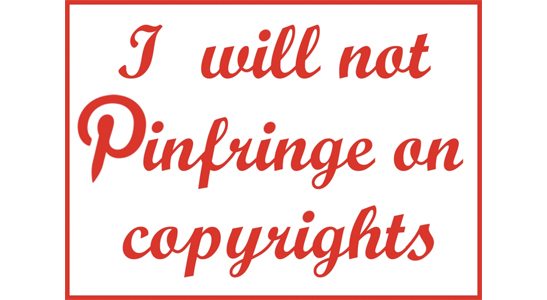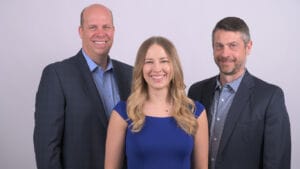Pinterest copyright issues can prove problematic for business proprietors.
Since its inception in 2010, social networking website Pinterest has become the third most-popular social network in the U.S. Only social-media giants Facebook and Twitter surpass it in total monthly visits, according to Experian Hitwise.
With more than 100 million visits each month, Pinterest has created a massive opportunity for businesses to get their names and products in the public eye. From mega-retailers like The Gap and Nordstrom, to fast-food chains, local frozen yogurt shops and individual Etsy storefronts, countless companies are making use of the site’s potential for driving traffic to their own websites.
While the benefits of this kind of visibility can be invaluable, the very nature of how Pinterest is generally used can be problematic and could expose businesses to a litany of legal issues.
“The vast majority of images [posted to Pinterest] are copyrighted,” says Stephanie Fierro, an attorney with The Frutkin Law Firm, PLC, in Phoenix.
Under the Digital Millennium Copyright Act, certain “Safe Harbor” provisions protect online service providers, such as Pinterest, from copyright infringement liability on material posted by the service’s users. The users themselves, however, are not protected.
According to Fierro, individual users are often protected by fair use copyright exceptions, but this generally doesn’t extend to moneymaking enterprises.
“ ‘Fair use’ allows for the use of copyrighted material for commentary, criticism or news reporting purposes,” Fierro says. The problem, she adds, is because companies are using Pinterest to market commercial products (i.e make money), the fair use exceptions do not apply.
“Imagine you’re a cake decorator,” Fierro says. “You post a picture of one of your cakes next to someone else’s picture of a beautiful wedding scene to say, ‘Look how great this cake would look in your wedding.’ This could leave you exposed as a business owner.” If the owner of the rights to the image of the wedding scene decides he or she wants a piece of your cake-selling action, you may end up in hot water.
Fierro believes that businesses are doubly vulnerable, compared to individual users, because companies are seen as having deep pockets and assets worth going after.
With all this to consider, the question becomes whether it is worth a business owner’s time and effort to market his or her products or services using Pinterest. Fierro believes the answer is clear: It depends.
“Are you OK with your images being used elsewhere? Is [marketing on Pinterest] going to drive good traffic to your website? Are you going to derive real financial benefit from this kind of marketing? In the case of the cake decorator, who makes money by selling cakes, the answer is probably ‘yes.’ If you want to make money from the use of your images by others, it probably isn’t for you,” she says.
If a business owner does decide that he or she wants to make use of Pinterest as a marketing tool, there are several precautions that can be taken to avoid any copyright or trademark violations.
“Ownership or permission is always best,” Fierro says. “Barring that, always make sure the material is properly credited. Link the photo back to where it came from. The goal is to always make sure proper credit is given to the original source.”
Fierro says you should never copy pictures you find on Pinterest for use on your own website. You don’t know where they’ve come from or to whom they belong. Just don’t do it.
As the website continues to grow, copyright issues on Pinterest may or may not grow along with it.
“All it would take is for one picture to be used in the wrong way,” Fierro says. “The issues with Pinterest have been talked about for a while. I’ve had to defend clients against similar claims of infringement, as well as made claims on clients’ behalves for infringement on their work. It’s necessary for people to make these types of claims so they don’t lose the rights [and the value of those rights] to their work.”




